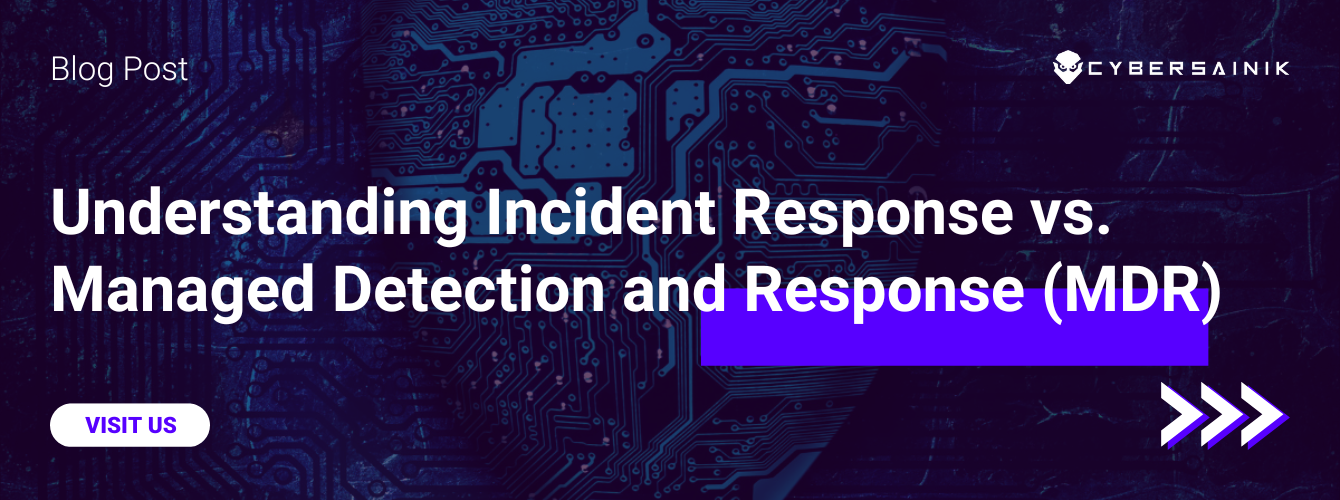Cyber insurance is a vital protection for any business that relies on digital assets and data. However, cyber insurance premiums can be expensive and vary depending on your company’s risk and security profile. In this blog post, we will discuss the factors that affect your cyber insurance premiums and how you can reduce them by following the best cybersecurity practices.
What Factors Affect Your Cyber Insurance Premiums?
An organization’s overall cybersecurity risk can be broken down into four primary dependencies:
- Regulatory Compliance – Regulatory compliance standards such as NIST, HIPAA, and PCI DSS stipulate exemplary IT security standards to mitigate cyberattack success. Failing to comply with these standards can result in fines, lawsuits, and reputational damage, as well as higher cyber insurance premiums.
- Degree of Third-Party Vendor Risks – Partnership with third-party vendor service combines their attack surface with yours, essentially transferring their security vulnerabilities to you. The greater your vendor network, the greater the potential for third-party breaches. You need to ensure that your vendors have adequate security measures in place and that you have a clear contract that defines the responsibilities and liabilities in case of a breach.
- Business Size – The larger the business, the greater the cybersecurity threat. A larger employee pool offers more opportunities for phishing attacks, increasing the potential of a successful cyberattack. You need to invest in adequate security infrastructure, policies, and training to protect your business from internal and external threats.
- Degree of Data Sensitivity – Highly sensitive data attracts cybercriminals because it can be used for leverage in exploitation attacks, such as ransomware attacks. You need to encrypt, backup, and limit access to your sensitive data, as well as have a robust incident response plan in case of a breach.
How to Reduce Your Cyber Insurance Premiums?
Company risk can be your greatest friend or enemy depending on your security posture, but luckily you can change your security risk and lower premiums. Here are some of the factors that can help you reduce your cyber insurance premiums:
- Follow Industry Standards and Best Cybersecurity Practices: Many carriers are likely to reduce premiums if you follow industry standards and the best cybersecurity practices. This not only saves you money on your insurance but also makes your company more secure holistically. You can use frameworks like the NIST Cybersecurity Framework or CIS Controls to guide your security strategy and implementation.
- Conduct Regular Penetration Testing: A penetration test is a simulated cyberattack that aims to identify and exploit the vulnerabilities in your system. A penetration test can help you discover and fix the weaknesses in your security before they are exploited by real attackers. You can hire a professional cybersecurity company to conduct a penetration test for your company or use tools like Metasploit or Nmap to perform your test.
- Implement Reliable Data Backup Processes: Data backup is the process of creating and storing copies of your data in a separate location, such as a cloud service or an external hard drive. Data backup can help you recover your data in case of a ransomware attack, a natural disaster, or a human error. You should backup your data regularly and test your backup processes to ensure that they work properly.
- Implement a Zero Trust Architecture: A zero trust architecture is a security model that assumes that no user, device, or network is trustworthy by default. A zero-trust architecture requires strict verification and authorization for every request and transaction, as well as continuous monitoring and auditing of the system. A zero-trust architecture can help you prevent unauthorized access, data breaches, and insider threats.
- Implement a Vendor Risk Management (VRM) Program: A VRM program is a process of assessing and managing the security risks posed by your third-party vendors. A VRM program can help you identify and mitigate potential threats and vulnerabilities in your vendor network and establish clear expectations and responsibilities for your vendors. You can use tools like BitSight or Security Scorecard to monitor and evaluate your vendors’ security performance.
Data Protection and Compliance
The connection between data protection and insurance costs cannot be overstated. Ensuring that sensitive data is well-protected through encryption, access control, and regular audits plays a significant role in reducing premiums. Additionally, compliance with relevant data protection regulations not only avoids legal repercussions but also demonstrates to insurers that your business takes cybersecurity seriously.
Comparison of Insurance Plans
Choosing the right cyber insurance plan is just as important as implementing robust cybersecurity measures. Businesses should meticulously compare different plans, considering factors like coverage limits, deductibles, and exclusions. Understanding the specifics of what each plan offers and how it aligns with your business needs can lead to substantial savings on premiums.
Conclusion
Cyber insurance is an indispensable safeguard for businesses, but it doesn’t have to be prohibitively expensive. By enhancing your cybersecurity posture and adhering to the best practices outlined in this guide, your business can achieve significant savings on insurance premiums while fortifying its defenses against cyber threats.
FAQs
1) How often should I review my cybersecurity measures?
Regular reviews, ideally bi-annually or annually, are recommended to ensure that your cybersecurity measures are up-to-date and effective.
2) Can small businesses negotiate lower cyber insurance premiums?
Yes, small businesses can negotiate lower premiums by demonstrating strong cybersecurity practices and a commitment to ongoing risk management.
3) Are there specific industries that benefit more from certain cybersecurity practices?
While core cybersecurity practices are universally beneficial, some industries might require specialized measures due to their data and operations.
4) What role does employee training play in reducing cyber insurance costs?
Well-trained employees are less likely to fall victim to cyber threats like phishing, thereby reducing the risk profile and potentially lowering insurance premiums.




